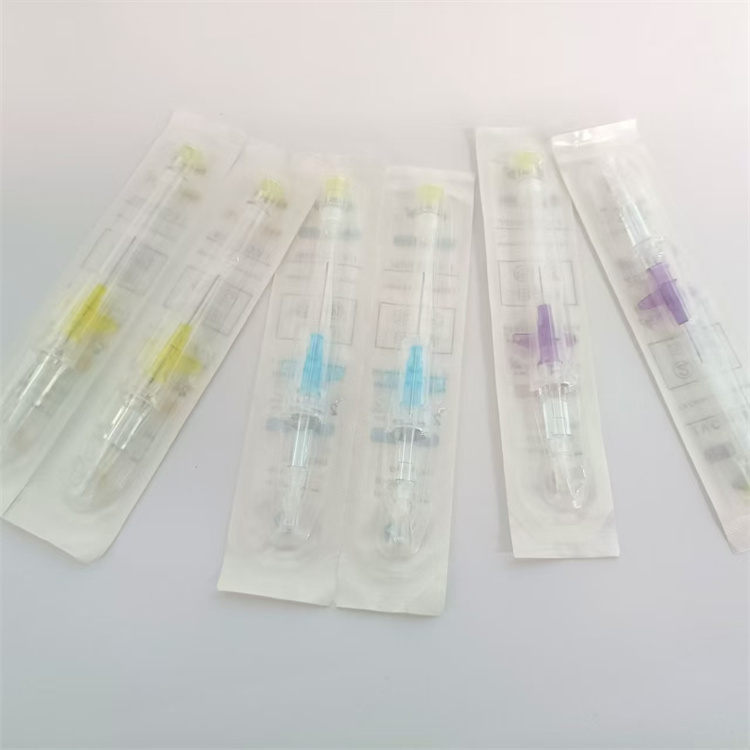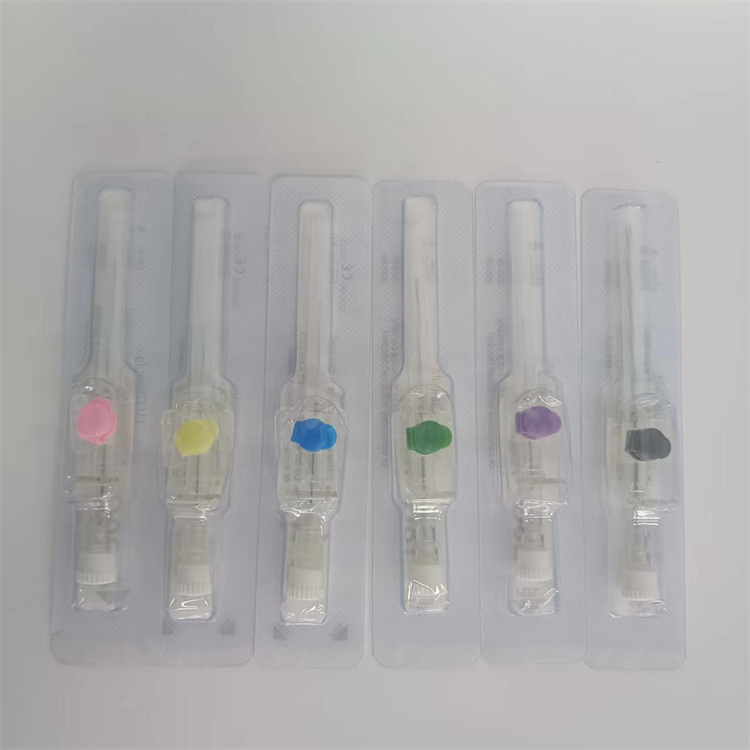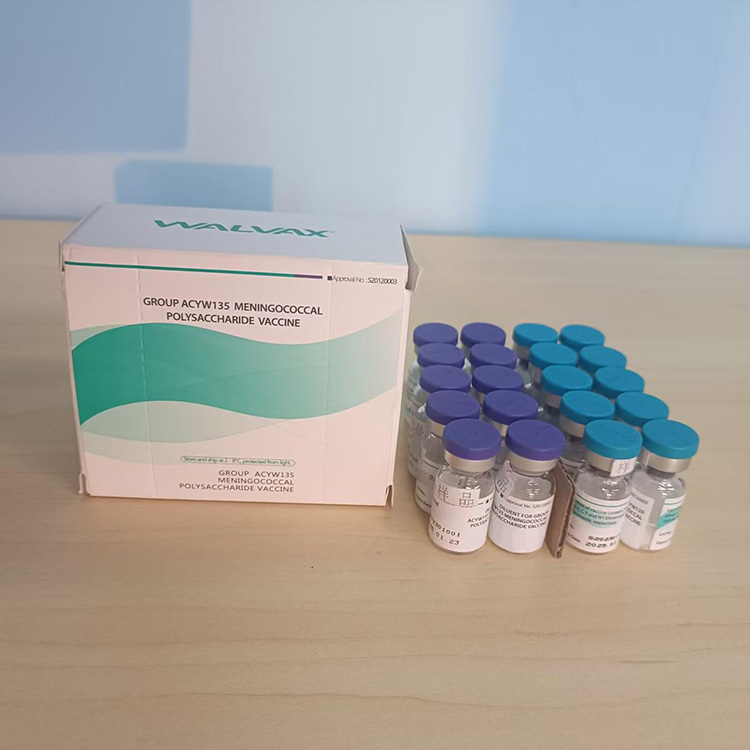The situation could put forward an unprecedented problem in clinical trial development and execution. Peter Bach, Director of the Center for Health Policy and Outcomes at Memorial Sloan Kettering Cancer Center, noted: "I think there is a lot of exuberant rush to market, and we are squandering our most precious resource — patients."
In most major treatment areas, very few patients are actually eligible for the experimental treatments which a clinical trial tests. And the increasing number of recruiting trials means that sponsors and companies must now fight over the same candidates from the same small pool. The problem of such a number of these trials is reflected in the behaviour of some of the world’s leading research centres – Yale Cancer Center refuses nine out of ten immunotherapy trials which it is asked to join.
Where this is a problem in the oversubscribed field of immunotherapy, this makes it even more difficult to recruit participants for new types of cancer treatment. As companies fixate on seeking approval for their own treatment in already crowded treatment areas, areas of unmet need continue to go without adequate investment. Further, while some of these treatments have proved to be highly effective in their own trials, many competing products have not, with some of them being tested without the use of a control group.
"It’s hard to imagine we can support more than 1,000 studies," said Dr Daniel Chen, Vice President at Genentech. "[The increasing number of trials] have outstripped our progress in understanding the basic underlying science."





 ALL
ALL Pharma in China
Pharma in China Pharma Experts
Pharma Experts Market News
Market News Products Guide
Products Guide Brand Story
Brand Story























 Pharma Sources Insight January 2025
Pharma Sources Insight January 2025








